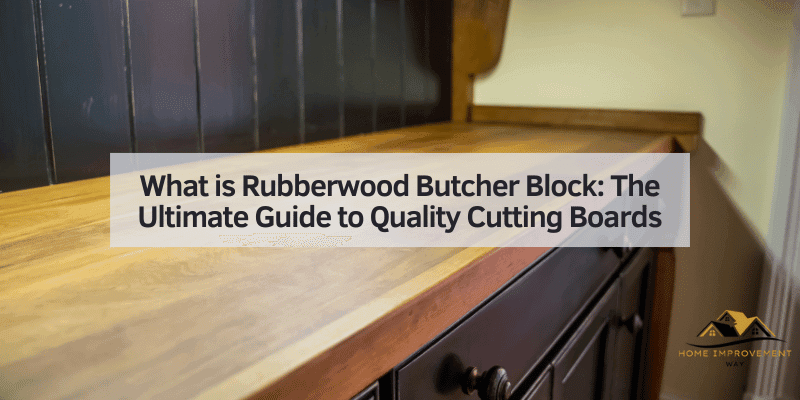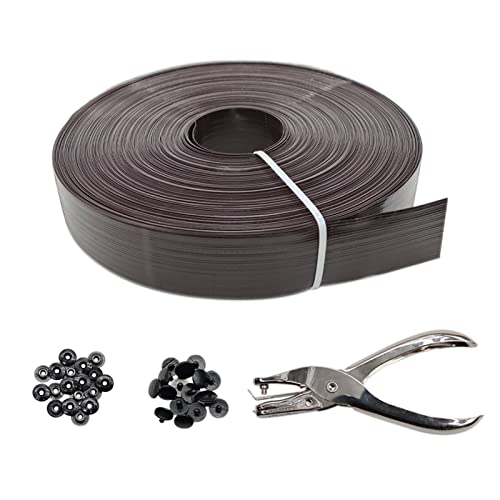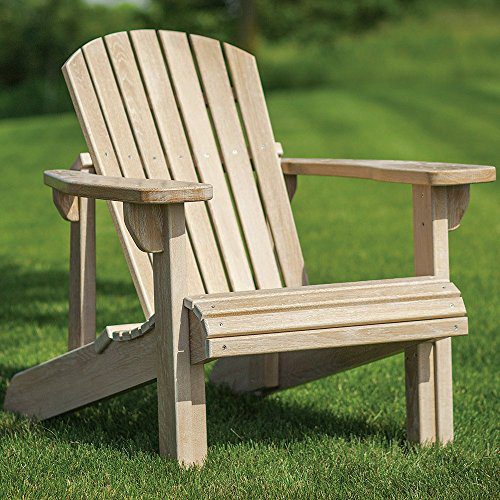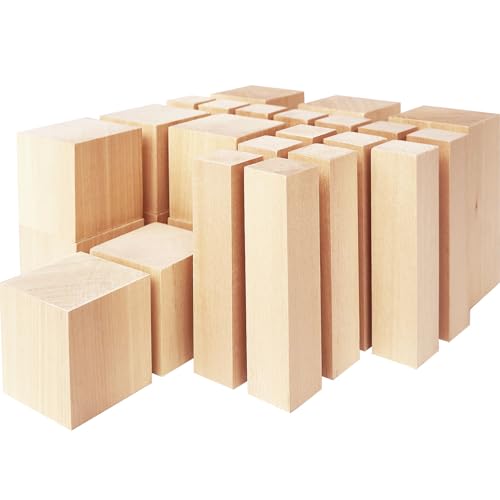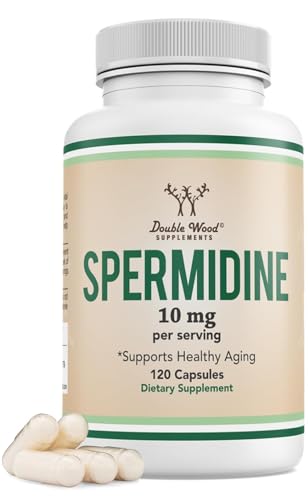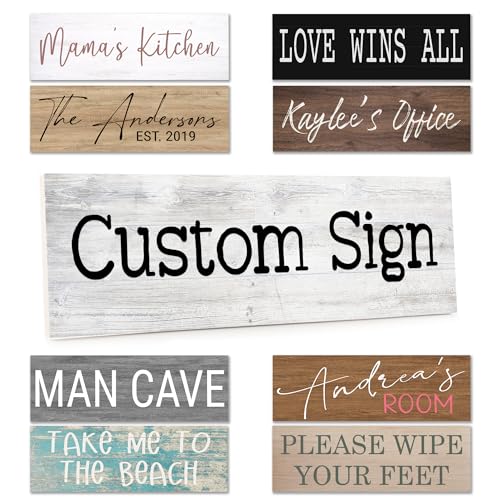What is Rubberwood Butcher Block: The Ultimate Guide to Quality Cutting Boards
Rubberwood butcher block is a type of cutting board made from rubberwood. It is a durable, eco-friendly, and sustainable material often used in kitchen countertops and food preparation surfaces.
Rubberwood has a tightly packed grain, making it perfect for cutting, chopping, and slicing. Its natural resistance to bacteria, moisture, and odors makes it an ideal choice for preparing food. Rubberwood butcher block is gaining popularity in modern kitchen design due to its durability, sustainability, and aesthetic appeal.
The wood’s tight grain and natural resistance to bacteria and moisture make it a hygienic and reliable choice for food preparation. In addition, its eco-friendly source and low environmental impact have made it a favorite among environmentally conscious consumers. With its versatility and durability, rubberwood butcher block is becoming a top choice for both professional and home kitchens.
Rubberwood Butcher Block: An Introduction
Rubberwood butcher block has gained popularity in the culinary world due to its unique properties and eco-friendly nature. This sustainable material is a great choice for cutting boards, countertops, and kitchen islands. In this article, we’ll explore the origins of rubberwood and the qualities that make it ideal for cutting boards.
Understanding The Origins Of Rubberwood
Rubberwood, also known as parawood, is derived from rubber trees (Hevea brasiliensis) that are primarily grown in Southeast Asia. Unlike traditional lumber sources, rubberwood is an environmentally sustainable option as it is harvested from trees that have reached the end of their latex-producing cycle. This repurposing of rubber trees not only reduces waste but also supports reforestation efforts in the region.
The Qualities That Make It Ideal For Cutting Boards
- Rubberwood is known for its dense grain, which provides a sturdy and durable surface for food preparation.
- Its natural resistance to moisture and warping makes it an excellent choice for kitchen use, ensuring longevity and stability.
- The smooth and even texture of rubberwood makes it a perfect material for cutting boards, allowing for easy cleaning and maintenance.
- Eco-conscious consumers appreciate rubberwood for its sustainable and renewable qualities, making it an environmentally friendly option for kitchen essentials.
Advantages Of Using Rubberwood Butcher Block
When it comes to durable and sustainable countertops, rubberwood butcher block is a popular choice for many homeowners and professionals. Not only does it provide a stunning aesthetic appeal, but it also offers a range of advantages that make it a top contender in the realm of kitchen surfaces. Let’s explore the key benefits of using rubberwood butcher block in more detail.
Durability And Longevity
Rubberwood butcher block is renowned for its exceptional durability and longevity. It is highly resistant to wear and tear, making it an ideal surface for cutting and food preparation. The dense composition of rubberwood ensures that it can endure heavy use without showing signs of deterioration. This makes it a reliable and long-lasting option for your kitchen or workspace.
Sustainable And Eco-friendly Properties
One of the standout features of rubberwood butcher block is its sustainable and eco-friendly nature. Rubberwood is derived from rubber tree plantations, where the trees are tapped for their latex sap. Once they reach the end of their latex-producing cycle, the trees are harvested for their high-quality timber, preventing them from being discarded as waste. Utilizing rubberwood for butcher block countertops promotes sustainability and reduces environmental impact, making it an eco-conscious choice.
Aesthetics And Versatility
Aside from its practical advantages, rubberwood butcher block is prized for its natural beauty and versatility. The warm, golden hue of rubberwood lends a timeless charm to any kitchen or workspace, effortlessly complementing various interior styles. Moreover, rubberwood can be easily customized to suit specific design preferences, as it can be stained, oiled, or finished to achieve different looks. Its inherent versatility makes it a desirable option for those seeking a visually appealing and adaptable countertop solution.
Durability Of Rubberwood Butcher Block
When it comes to a durable and versatile material for kitchen countertops and cutting boards, rubberwood butcher block stands out. Butcher blocks made from rubberwood offer several advantages, including resistance to bacteria and mold, durability against knife marks and scratches, as well as easy maintenance.
Resistance To Bacteria And Mold
Rubberwood butcher block is naturally resistant to bacteria and mold, making it an excellent choice for food preparation surfaces. Due to its dense grain and tight pores, rubberwood inhibits the growth of bacteria and fungi, ensuring a hygienic and safe environment for meal preparation.
How It Stands Up To Knife Marks And Scratches
The durability of rubberwood butcher block against knife marks and scratches is exceptional. Its sturdy construction and natural hardness make it highly resistant to markings from knives, ensuring a long-lasting and attractive appearance. Over time, the wood develops a beautiful patina that adds character and charm to the kitchen.
Maintenance And Care Tips
- Regularly clean the rubberwood butcher block with mild soap and warm water to remove food particles and bacteria.
- Avoid exposing the surface to extreme temperature changes or prolonged moisture, as these can cause the wood to warp or crack.
- Apply food-grade mineral oil or beeswax regularly to maintain the wood’s natural luster and protect it from drying out.
- Use cutting boards or trivets to prevent direct contact with hot cookware or sharp utensils that can damage the surface.
Sustainability Of Rubberwood Butcher Block
Rubberwood, also known as parawood, is gaining popularity as a sustainable material choice for butcher blocks. Not only is it durable and aesthetically pleasing, but it also offers a host of environmental benefits. Let’s explore the sustainability of rubberwood butcher blocks in more detail.
Contribution To Environmental Conservation
Rubberwood is sourced from rubber plantations, where trees are cultivated and harvested responsibly. Unlike many other types of wood, rubberwood comes from mature rubber trees that have ceased producing latex. Instead of being wasted, these trees are then used to create beautiful and functional butcher blocks, minimizing waste and maximizing resource usage.
Ethical Aspects Of Rubberwood Usage
Utilizing rubberwood for butcher blocks aligns with ethical practices as it supports the economic stability of rubber-producing regions. By creating a demand for rubberwood, the industry provides an incentive for maintaining and growing rubber tree plantations, which in turn contributes to local economies and creates employment opportunities.
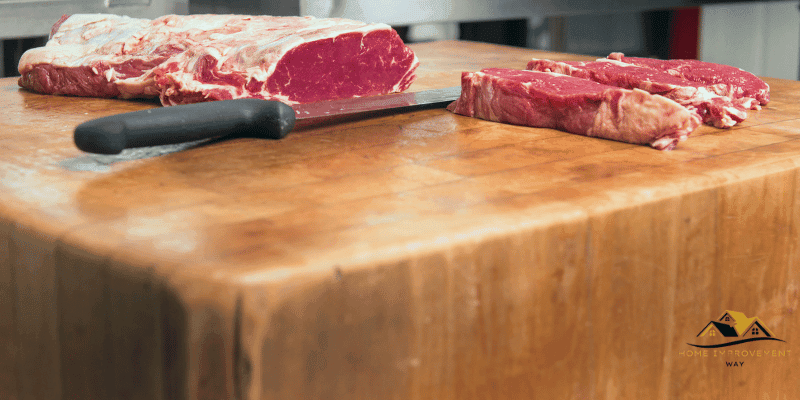
Choosing The Right Rubberwood Butcher Block
Factors To Consider When Purchasing
When looking to invest in a rubberwood butcher block, several factors should guide your decision-making process. Considering the size of the block is crucial as it determines its usability. Additionally, take into account the thickness, as it impacts the block’s durability and longevity. Considering the practicality of maintenance and the level of finish are also essential in making the right choice.
Understanding Varying Grades And Finishes
Understanding the different grades and finishes of rubberwood butcher blocks can aid in determining the quality and aesthetic appeal. Knowing the differences between end-grain, edge-grain, and flat-grain blocks is essential. Moreover, familiarizing oneself with the various finishes, such as oil or varnish, can help in making a well-informed decision when selecting a rubberwood butcher block. This knowledge can influence both the appearance and performance of the block.
Brands And Manufacturers To Look Out For
When considering purchasing a rubberwood butcher block, it is important to be aware of reputable brands and manufacturers. Seeking out well-known brands and those with a solid track record in producing high-quality rubberwood butcher blocks can provide a sense of reassurance regarding the product’s quality and craftsmanship. Reputable brands often offer warranties and have a proper customer support system in place, which can be valuable in case of any issues or concerns post-purchase.
Rubberwood Butcher Blocks In Culinary Applications
Rubberwood butcher blocks are gaining popularity in culinary applications due to their durability, sustainability, and attractive appearance. These versatile kitchen surfaces are utilized in various culinary settings, from professional kitchens to home cooking environments. Let’s explore how rubberwood butcher blocks are used in culinary applications and the benefits they offer to professional chefs and home cooks.
Usage In Professional Kitchens
In professional kitchens, rubberwood butcher blocks are highly valued for their durability and resistance to knife marks and scratches. Their sturdy construction allows chefs to efficiently carry out chopping, slicing, and food preparation tasks. The natural density of rubberwood makes it ideal for heavy-duty use in busy kitchen environments.
Benefits For Home Chefs
Home chefs also appreciate the advantages of rubberwood butcher blocks. These versatile surfaces provide a sturdy and reliable platform for meal preparation, ensuring that knives remain sharp and stable during cutting. The natural antibacterial properties of rubberwood make it a hygienic choice for home kitchens, offering peace of mind for families and individuals concerned about food safety.
Cleaning And Maintenance For Kitchen Use
Properly cleaning and maintaining rubberwood butcher blocks is essential for ensuring their longevity and performance in culinary settings. Home chefs and professional cooks can follow these simple guidelines for maintaining rubberwood butcher blocks:
- Regularly clean the surface with mild soap and warm water after each use.
- Avoid prolonged exposure to moisture by promptly drying the surface after cleaning.
- Apply food-grade mineral oil or beeswax to the surface every few months to prevent drying and cracking.
- Avoid exposing the butcher block to extreme temperatures, direct sunlight, or excessive humidity.
By following these basic cleaning and maintenance practices, rubberwood butcher blocks can continue to provide reliable and attractive surfaces for culinary tasks in both professional and home kitchen settings.
Frequently Asked Questions Of What Is Rubberwood Butcher Block
What Is Rubberwood Butcher Block?
Rubberwood butcher block is a type of cutting board made from rubberwood, a durable and eco-friendly material known for its high density and resistance to warping. It’s commonly used in kitchens for food preparation and provides a sturdy surface for cutting and chopping.
What Are The Benefits Of Rubberwood Butcher Block?
Rubberwood butcher block offers a hygienic and food-safe cutting surface, resistant to scratches and moisture damage. It’s an eco-friendly choice, as rubberwood is harvested from sustainable plantations. Additionally, it’s easier on knife blades and provides a stable platform for slicing and dicing.
How To Clean And Maintain Rubberwood Butcher Block?
To clean and maintain rubberwood butcher block, simply wash it with mild soap and warm water, then dry it thoroughly. Regularly apply a food-safe mineral oil to keep the wood hydrated and prevent drying or cracking. Avoid soaking or exposing it to extreme heat or moisture.
Conclusion
Rubberwood butcher block is a durable and sustainable choice for kitchen countertops. With its attractive appearance and environmental benefits, it’s a popular choice for homeowners and chefs alike. Consider investing in rubberwood for a stylish and eco-friendly addition to your kitchen space.
Its versatility and durability make it a valuable asset to any home.

